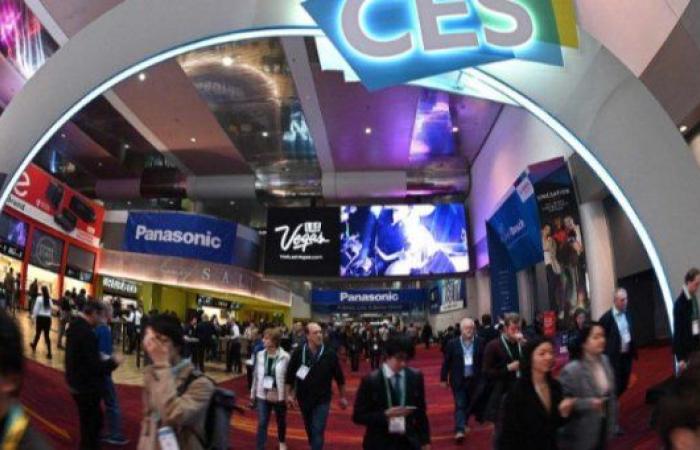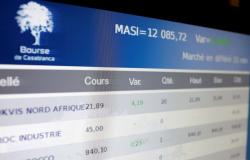A little more than two years after the ChatGPT revolution, the AI (artificial intelligence) card will be more than ever a prerequisite for exhibitors at the major consumer electronics show CES, which opens Tuesday in Las Vegas.
“Everyone is going to talk about AI,” warns Carolina Milanesi, analyst at Creative Strategies. “From fridges to ovens, everyone will mention it, whether there is one or not” in objects or equipment.
Watches and mirrors that talk, a pot that decides alone when to water its plant, a connected cow collar that detects infections, AI will be everywhere in the gaming capital of the world.
It is no coincidence that the boss of semiconductor giant Nvidia, Jensen Huang, will be the star guest of the show, with a speech scheduled for Monday evening, before the opening of CES to the general public the next day.
His group has become the standard bearer of generative AI, a major consumer of its chips, the now famous graphics cards, for its development.
Several analysts expect announcements on its new generation microprocessor, the Blackwell, as well as to see Jensen Huang give the market temperature.
Several Nvidia rivals such as Intel, Qualcomm, or AMD could present new products simultaneously.
Auto and health
AI and computing in general are taking an increasingly important part in the automotive world, which has become a major player at CES for several years, a movement also favored by the decline of the Detroit show.
“CES has been an auto show for a while now, and it will be even more so this year,” announced Avi Greengart, analyst at Techsponential.
Toyota, BMW, Mercedes, Hyundai and the Chinese BYD will be there, as will Waymo, Google’s autonomous vehicle subsidiary, or the driver assistance software specialist Mobileye.
According to several media outlets, future US President Donald Trump, who will take office on January 20, is considering relaxing regulations on fully autonomous vehicles.
Still in the mobility section, “you should see flying vehicles available for sale,” notes Rob Enderle, independent analyst.
The Chinese XPeng plans to present its Land Aircraft Carrier, an electric vehicle which transports a flying machine that looks like a giant drone, usable separately.
The manufacturer plans to market them from 2026, at a price estimated at $280,000 each.
“As for receiving the license to fly, that will be another story,” warns Rob Enderle.
Among the other major themes of this CES 2025, “digital health is going to be huge”, according to the analyst. “We are seeing a lot more people wearing connected devices that can measure health parameters.”
Tech will also find its way into homes, notably with the LG fridge capable of suggesting recipes based on the foodstuffs it contains, or an intelligent mirror which discerns the state of fitness of the individual presented in front of it.
The threat of tariffs
A few days before Donald Trump’s arrival at the White House, the threat brandished by the president-elect to impose new customs duties will be on the minds of foreign groups present on the American market or aspiring to be there.
These customs tariffs would certainly increase the price of most of the objects presented at CES, underlines Rob Enderle.
“There will be a lot of worried exhibitors,” anticipates the analyst, “but they will rather express it in private so as not to alienate the future government.”
For Avi Greengart, discussions should notably focus on ways to circumvent these new customs barriers.
“It will be interesting to talk to foreign representatives to find out how they see the impact of four years of Trump and Musk on tech,” describes Carolina Milanesi, in reference to the billionaire boss of Tesla, called upon to play a major role in this presidency.
Among the many Chinese companies announced in Nevada, many already face a difficult regulatory and political environment.
But it is China that is especially in the crosshairs. “There is an increasingly clear separation of markets between China and the rest of the world,” says Avi Greengart, “particularly in mobile phones and electric vehicles.”
Prohibitive customs duties prevent Chinese automobile manufacturers from selling to the United States.
The latter have also banned the marketing of equipment from the Chinese smartphone giant Huawei. (What with AFP)






